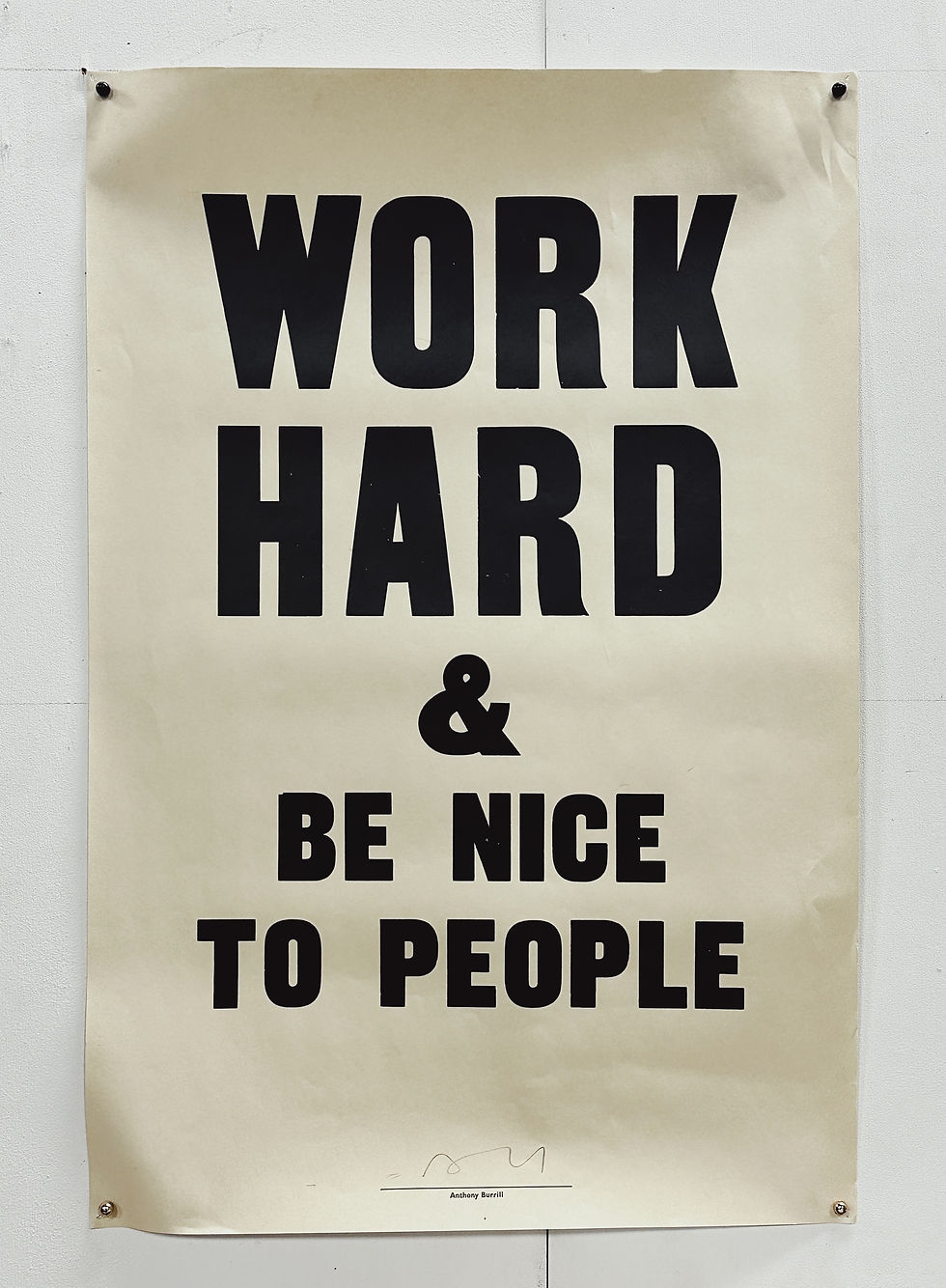Confronting Confrontations: 4 Tips to Help You Facilitate Healthy Confrontations
- Anwar Aiken

- Apr 17, 2023
- 2 min read

Confrontations can be helpful in certain situations, but it really depends on how they are approached and the specific circumstances involved. In some cases, confronting somebody about their behavior or actions can be a necessary step in addressing a problem or resolving a conflict. By expressing your concerns and feelings directly, you can often clear up misunderstandings and work together to find a solution.
However, confrontations can be counterproductive if they are overly aggressive or confrontational in nature. This can lead to defensiveness or hostility on the part of the other person; which can make the confrontation worse. Ultimately, the effectiveness of a confrontation depends on factors such as the personalities involved, the nature of the issue being addressed, and the approach taken by the person initiating the confrontation.
Here are some ways to have productive confrontations:

Use “I” Statements
Start your sentences with “I” rather than “you” to avoid putting the other person on the defensive. By using “I” statements, you can help the other person understand how their behavior is affecting you and can create a more collaborative conversation where both parties feel heard and understood.
Be Specific
Be clear about what behavior or action you are addressing and provide specific examples. Don’t talk around the topic hoping the other person picks up the hint. When you are specific and concise, it helps the other person understand the issue and gives them a starting point for addressing it.

Listen Actively
Listen to the other person’s perspective and avoid interrupting or becoming defensive. This means you have to approach the other person respectfully with good will, trust, and an openness to listen. Avoid talking over each other when something is said that you don’t agree with. This shows that you are open to finding a solution and can help to defuse the situation.
Work Toward A Solution
Once you have identified the problem, work together to find a solution that works for both of you. This can involve brainstorming ideas or compromising to find a middle ground. You should have one or two options ready to suggest; but remember it’s a suggestion and you should not force it on the other person. This needs to be a collaboration.

It’s important to approach any confrontation with an open mind and a willingness to listen and work toward a resolution. Remember that confrontations can be challenging, but they can also be an opportunity to resolve conflicts and strengthen relationships. By working together to find a solution, confrontations can become opportunities for growth and improvement, rather than sources of conflict and stress.



Comments